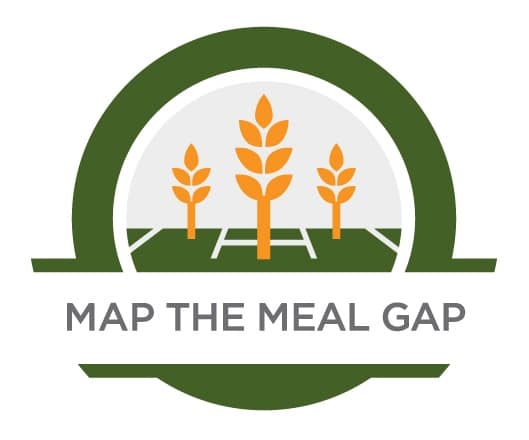In light of the current COVID-19/coronavirus situation in the nation, you may have questions about what steps food programs can take and how operations at Arizona’s food banks, soup kitchens, pantries and other hunger-relief agencies statewide may be impacted.
As always, the Arizona Food Bank Network (AzFBN) is acting as a connector, working with each of our member food banks every day to do what we can to help. We’re in frequent communication with St. Mary’s Food Bank Alliance, United Food Bank, Yuma Community Food Bank, Desert Mission Food Bank, and Community Food Bank of Southern Arizona. We’re also working with key state and local agencies to determine what operational changes may be needed if the COVID-19 outbreak continues to escalate. We’ll work to keep you informed as we hear about different guidelines that are being changed, waived or remaining the same.
Here’s what we know: viruses do not discriminate. We are all in this together. Let’s do everything we can to help clients, volunteers and others feel safe and welcome at our programs.
If you have any additional concerns or ideas about how AzFBN might best support you during this challenging time period please share your ideas with us – we want to help. You can do this by sending a message to [email protected].
Please review the following recommendations with your staff, volunteers and other partners:
- Send clear messaging out to staff and volunteers reminding them to stay home if they are feeling sick.
- Send sick individuals home.
- Use proper hand washing technique: 20 seconds with hot water. Wash top and bottom, wrists, in-between each finger, and under fingernails. Dry on paper towel.
- Ensure proper food handling, possibly including the use of gloves.
- Wipe tables, counters, etc. with a bleach solution before and after programs & guests.
- Wipe down handles, doors, doorknobs, handrails multiple times a day with a bleach solution or disinfectant wipes.
- Wipe down pens and other items that can possibly provide a place for the virus to spread with a bleach solution or disinfectant wipes.
- Food programs in affected areas may need to offer alternative service delivery models in order to minimize person-to-person contact. You might consider:
- Offering clients who are sneezing or coughing masks and hand-sanitizer as well as gloves, having a healthy staff member or volunteer do the shopping for them.
- Temporarily switching to a pre-bagged or boxed distribution model.
- If guests are not feeling well consider offering them a delivery service, if possible. Some programs are allowing shoppers to call from their car, and bring the food out for them and set it in the trunk of the car so that there is minimal contact.
- Extending program hours to prevent rushes or long lines and to allow for adequate time to clean and sanitize as needed.
Remember that all hunger-relief organizations are different, and so your solutions may look the same or different from an agency down the road – you (and your colleagues) are the best people to decide what will work to meet the need in your community while keeping everyone as healthy as possible.
Thank you for everything you do to keep people nourished – even in challenging times.
Additional fact sheets and flyers are also available from the CDC and Arizona Department of Health Services.
